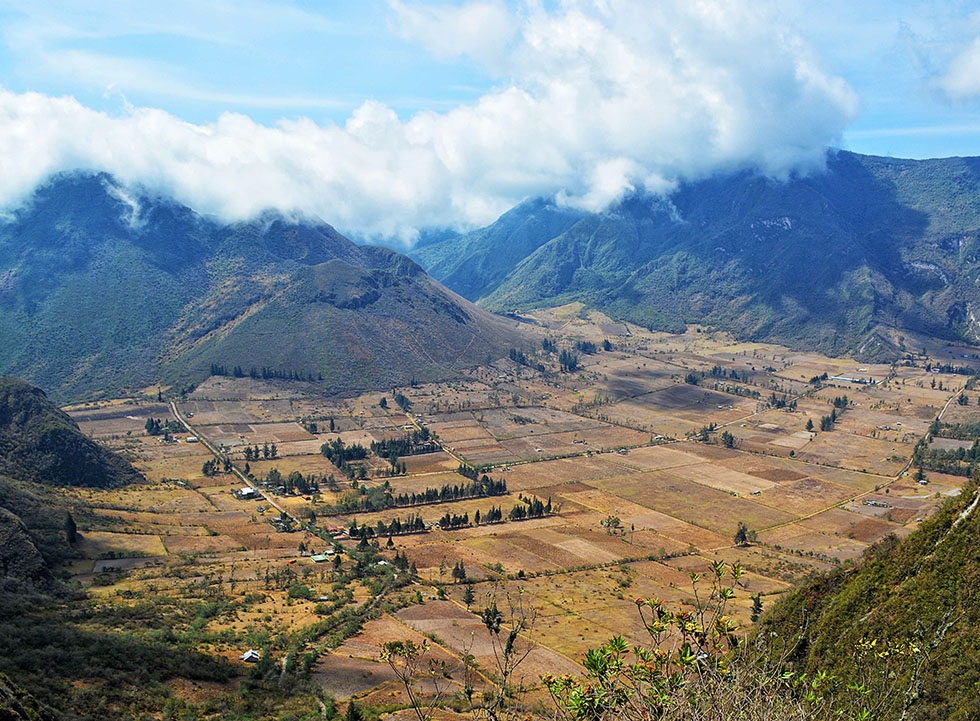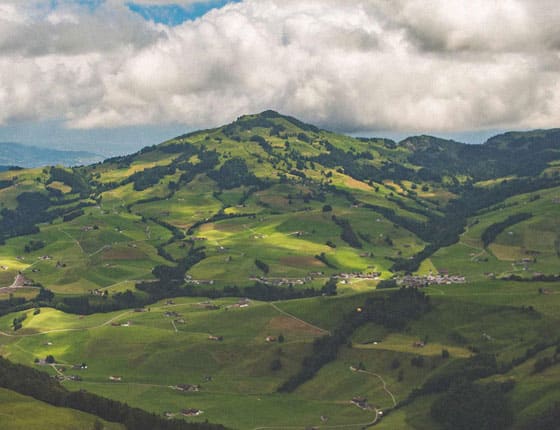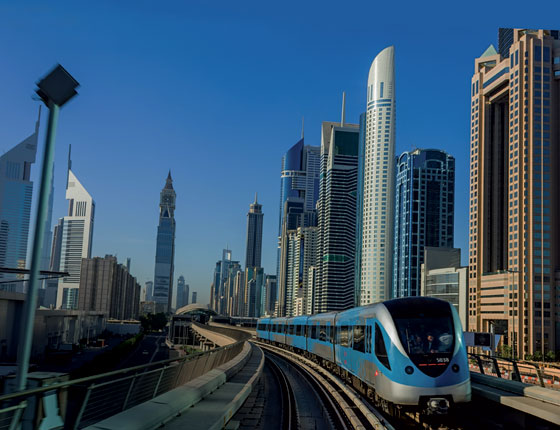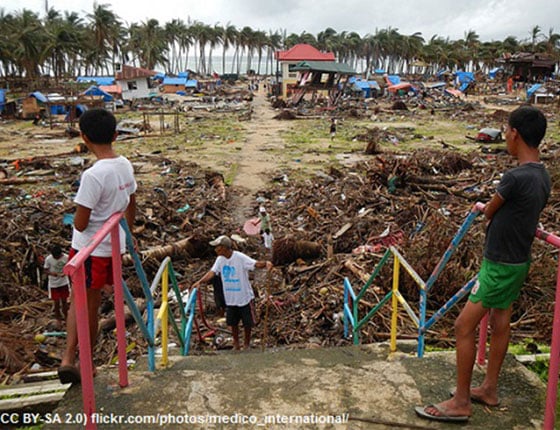The most biologically diverse country in the world, Ecuador was once a place where natural wealth vastly exceeded what the population demanded to support its activities and absorb its CO2 emissions. Today, that surplus has all but evaporated, and the country’s Ecological Footprint is almost equal to its biocapacity.
That is why, in 2009, Ecuador launched a program to keep its country in the “ecological black.” A joint research project of the Ministry of the Environment and Global Footprint Network concluded that national demand for ecological resources and services is increasing over time. They also found that Ecuador’s predominant role is as an exporter of biocapacity to nations that have biocapacity deficits.
“We asked, in guaranteeing the rights of Mother Earth, what would be the most comprehensive indicators we could have? The Ecological Footprint brings together multiple factors that support preserving natural wealth and recognize the impacts that consumption and development patterns have on different areas.”
The country has adopted a Presidential mandate to manage ecological assets by developing physical indicators such as the Footprint to track ecological supply and demand, and inform sound long-term decision-making.
Videos
Watch a video of Global Footprint Network President Mathis Wackernagel talking in Spanish about the Ecological Footprint (la Huella Ecológica) during his September 2012 trip to Ecuador:
Additional Resources
Presidente de Global Footprint Network visitó el MAE, Ecuador Ministry of the Environment (Spanish).







